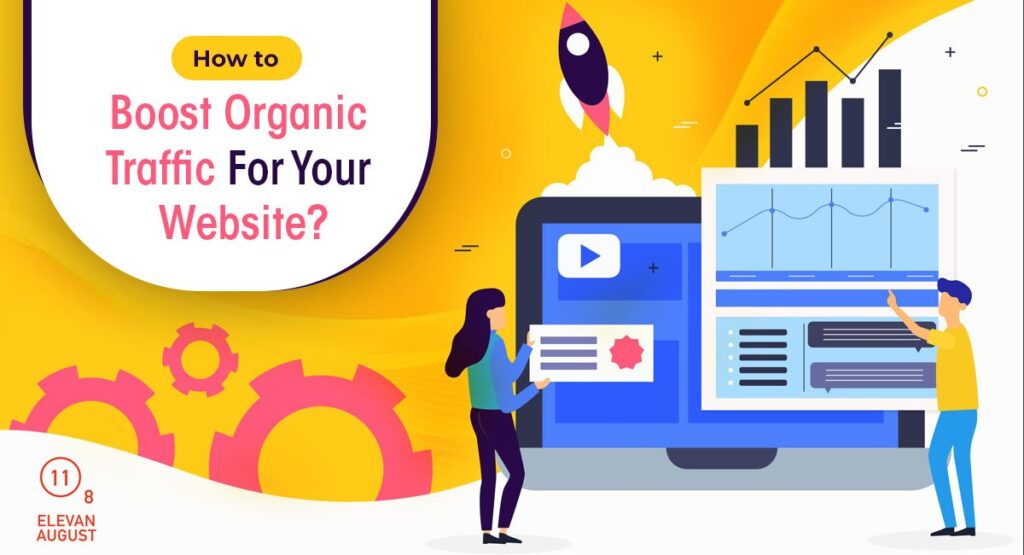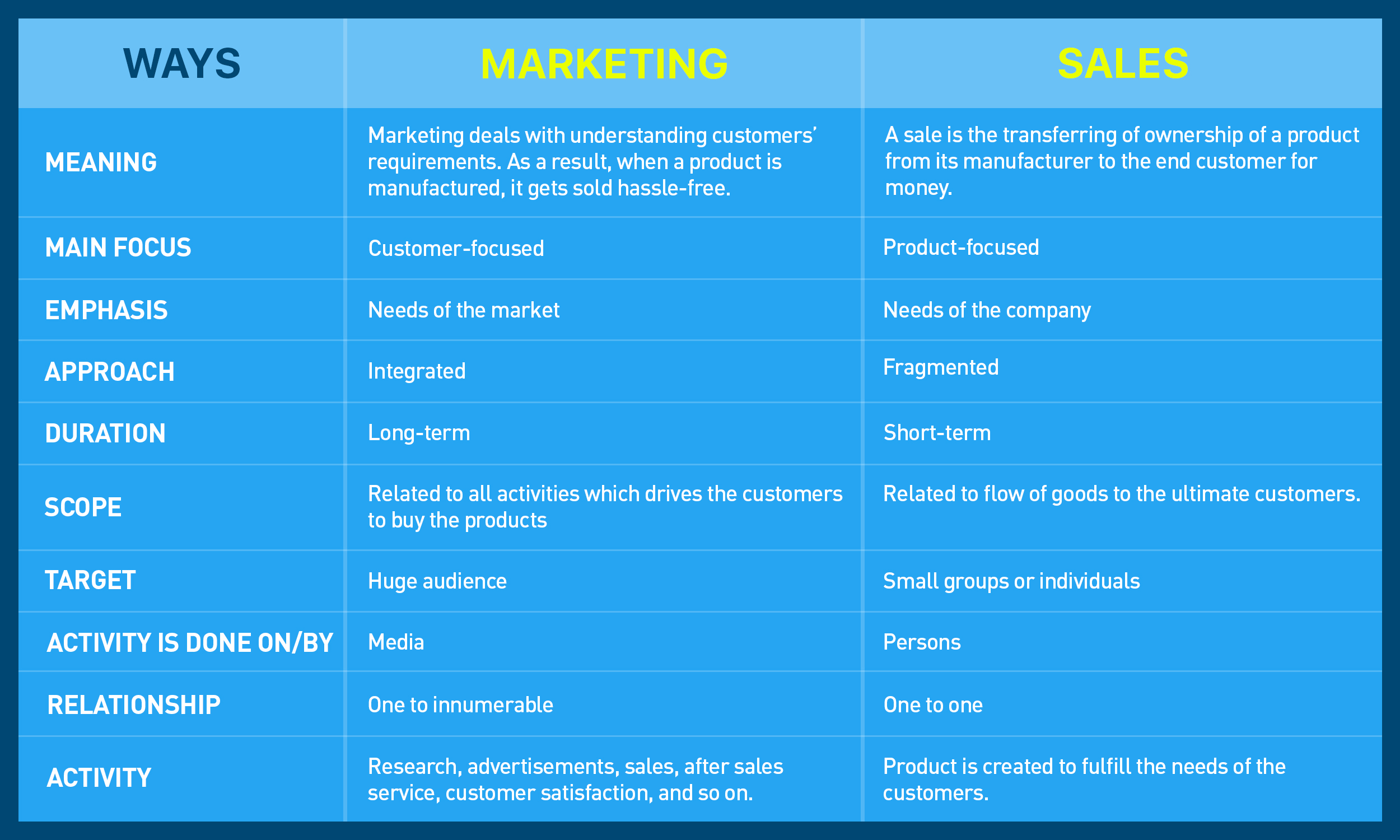Search Engine Optimisation or SEO helps boost the ranking of your website to drive quality web traffic. Increased web traffic is critical for generating leads and improving sales and conversion. Much research and planning goes into developing strategies to boost organic traffic for a website. An SEO agency in Singapore can help develop and implement effective strategies to drive organic web traffic.
6 SEO strategies to boost organic traffic for your website
Are you struggling with drivingmore organic traffic to your website? Let’s discuss a few efficient SEO strategies that you can implement to increase your web traffic.
Check the “People Also Ask”section
At the bottom of the Google search results, you’ll find a “People Also Ask” section. Here, Google suggests other related topics based on your initial search query. It gives you a great opportunity to perform keyword research and learn about topics your potential audiences are interested in. Creating content based on these queries increases your chances of ranking high on the SERP and driving relevant traffic.
Analyse your competitors
Analysing your competitors can help you gain valuable insights to build effective SEO strategies. You can analyse the following aspects of your competitor’s website.
- Analyse best-performing pages – It will help you identify the type of content working in favour of your competitors. As a result, you can develop your content strategies accordingly. While analysing their high-performing pages, check the type of content they share, whether they include lots of visuals, the average length of their content, etc.
- Perform content and keyword gap analysis – It will help you identify the topics, sub-topics, and keywords your competitors focus on. This analysis lets you identify topics and keyword opportunities for your website. Accordingly, you can develop an effective content strategy to boost ranking and traffic for your website. The following steps can help you perform content and keyword gap analysis.
- Identify competitors – Select at least 2-3 competitors
- Select the right tools – You can use various SEO and keyword reporting tools to identify keywords your competitors rank for and check where you rank on SERP for the same keywords. It will help you identify keywords and content opportunities for your website.
- Create your keyword list – List new keywords, their variations, or sub-topics. Ensure that the keywords you select are relevant to your business, search by your target audiences, and offer high value.
- Identify opportunities– When analysing competitors’ content and keywords, identify the weak and missing ones. Weak keywords are what your competitors rank better than you. On the other hand, missing keywords are what your competitors rank for, but not you. It will further help you determine whether you need to create or update new content. For instance, you rank lower than your competitors for ‘weak’ keywords. As a result, update your existing content to improve your ranking for the same keywords. Similarly, since you are not ranking for ‘missing’ keywords, you must create new content to include them.
Refreshing outdated content
As mentioned, updating existing content can help you improve your rank for ‘weak’ keywords. In addition, it has other benefits as well. Your content will help you rank high as long as it is relevant to your audiences. Hence, occasionally, you should check whether your content is still relevant or needs an update. For instance, you may add more information to your existing content to improve its value.
Further, you need to remove irrelevant information from your content if required. Search engines like Google prefer ranking websites with up-to-date and relevant content. It will further help create more backlink opportunities, boosting your web traffic.
Add supporting content to show your expertise
Based on searchers’ queries, search engines aim to rank the best result. Hence, you must focus on optimising the topics along with keywords. Creating supporting content through topic clusters can help achieve this feat. A topic cluster is a group of related content that covers a broader topic. They help search engines understand your website structure and how different pages are interrelated. It further helps build your authority over a specific topic.
A topic cluster consists of a pillar page that focuses on a specific topic and a group of pages that cover related subtopics. You must also add internal links between the pillar and the cluster pages. Once you identify topics and sub-topics, you need to perform keyword research to identify relevant keywords for these topics.
Internal Links and backlinks
Links allow your audiences to learn more about specific topics. Adding an internal link to your content helps search engines understand how different pages in your website are interrelated. Besides, it also encourages your audience to explore your website further.
Backlinks are when other websites link back to you. They are critical to drive web traffic from various external sources. When analysing competitors, you need to check their backlink profiles. It will further help develop effective strategies to earn backlinks for your website. When authority websites link back to you, search engines consider your content accurate and trustworthy.
Core Web Vitals
Higher search rankings are critical for boosting organic traffic. Core Web Vitals are crucial ranking factors search engines consider when ranking a website. It measures the following aspects of your website.
- Largest Content Paint or LCP – It measures the time it takes for large content to load completely.
- First Input Delay or FID – It measures the time between when a user first interacts with your website and when the browser starts processing the interaction.
- Cumulative Layout Shift or CLS–It measures the time it takes for your website to become visually stable.
These factors help ensure a better user experience, which is critical to boosting your ranking and traffic.
Other critical SEO aspects for improving user experience, ranking and boosting traffic you must focus on are –
- Page speed – You can measure your page speed using tools like Google PageSpeed Insights or GTmetrix and follow their recommendations for improvement. Large images or media files can slow down your website. Hence, you must optimise website images to boost your Page Speed.
- Mobile responsiveness – Ensure users can browse your website effortlessly using their mobile devices.
How Elevan August Media can help?
Elevan August Media houses a team of SEO experts and strategists that offers a wide range of SEO services in Singapore. We can help develop effective SEO strategies to boost your search rankingsand organic traffic. Regardless of your website type, consult our experts to plan and implement appropriate strategies to drive more relevant traffic to your website.






